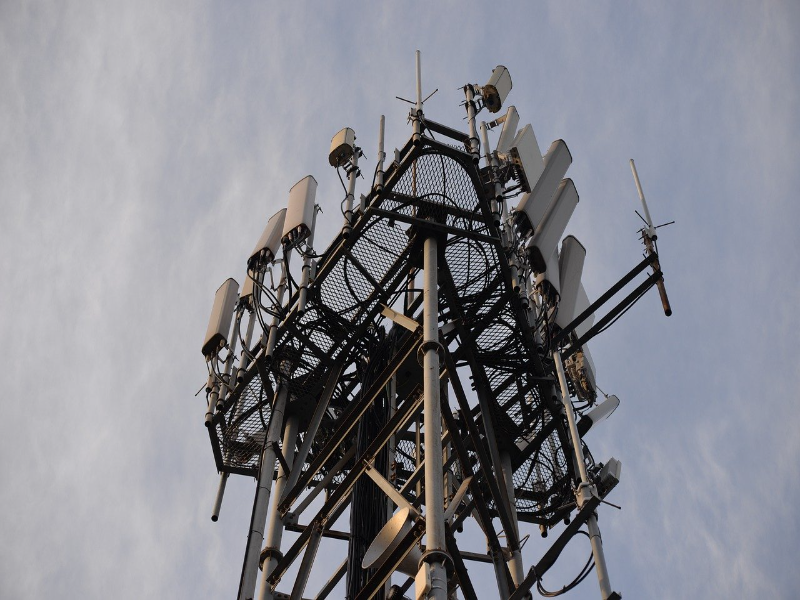- NTT DOCOMO has conducted Japan’s first AI-enhanced 6G indoor test, improving communication speeds by 18% in challenging radio wave environments.
- This breakthrough integrates AI to optimise modulation schemes, eliminating the need for reference signals and enhancing transmission efficiency.
What happened
NTT DOCOMO, collaborating with NTT Corporation, Nokia, and SK Telecom, has achieved a milestone in 6G development. The team conducted Japan’s first indoor test of AI-enhanced 6G radio-interface technology in the 4.8 GHz band, demonstrating an 18% boost in communication speeds compared to traditional methods.
Also read: Japanese chipmaker Kioxia plans Tokyo IPO to fuel growth
Also read Verizon’s fexible 5G plans boost subscriber growth
The trial focused on using artificial intelligence to optimise wireless transmission and reception processes across complex radio wave environments. This included deploying AI-powered baseband processing, which adapts modulation schemes based on the propagation environment. Unlike conventional methods that depend on reference signals between transmitters and receivers, the AI-driven approach combines channel estimation and signal detection into a single step, improving overall transmission efficiency.
This marks a key advancement as 6G research progresses, with DOCOMO continuing to refine the technology to tackle diverse propagation challenges and improve communication quality across various scenarios.
Why this is important
The AI-enhanced 6G indoor test is a significant step toward realising next-generation wireless networks. With faster communication speeds and more reliable connections, this innovation could pave the way for transformative applications in telecommunications, from enhanced mobile coverage to seamless connectivity in densely populated areas.
DOCOMO’s work strengthens its position as a leader in the global race for 6G development. By addressing the challenges of indoor signal interference with AI, the company is laying the foundation for broader adoption of 6G technology.
Beyond the immediate technical gains, these advancements contribute to the global effort to standardise and commercialise 6G systems, setting the stage for a new era in wireless communication.
As the telecommunications landscape continues to evolve, breakthroughs like this will shape how individuals and industries interact with technology, unlocking possibilities in areas such as remote work, education, and connected cities.

